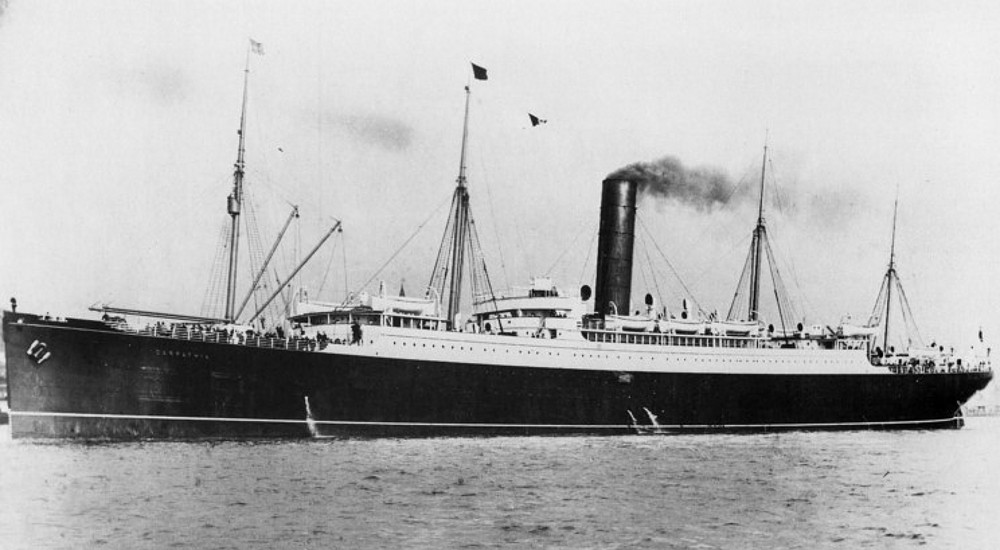Consistent inconsistencies
03 June 2016As a general rule consistency is the friend of the genealogist. The more consistent records are, the more confident we are that we have the correct individuals in the records we have identified. This is particularly useful when dealing with common forename/surname combinations. For example, if a person is recorded...
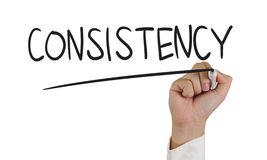
Estate Maps and how they can help with genealogy.
20 May 2016Overlooked by many, maps can often be very useful to a genealogist. Estate maps frequently give a list of tenants and while a name is often all that it is recorded with the amount of land held, for someone tracing their family in a specific area a map can be...
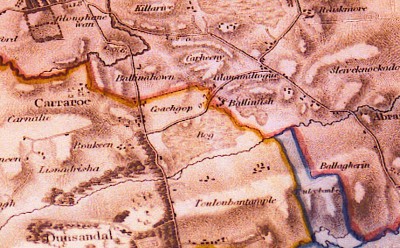
Civil Registration
17 May 2016Civil registration is a double edged sword. We are always delighted when our searches fall in to the time when we might find a birth, marriage or death for our ancestors. These records can often lead us to new learnings about our ancestors. Finding the correct civil record for ‘our’...
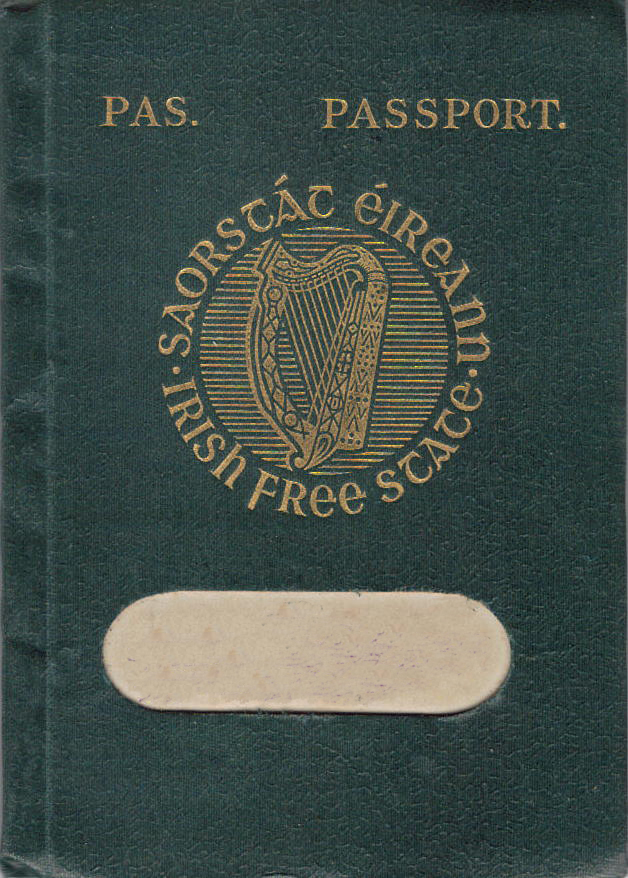
Counting all the people: 200 years of Irish census
27 April 2016Sitting in traffic on the way home, an ad in the Irish language came on the car radio. Despite 14 years schooling in it, I’m not fluent, and had to concentrate to understand what was said: “take part in the census” and contribute to your future. At the time of...
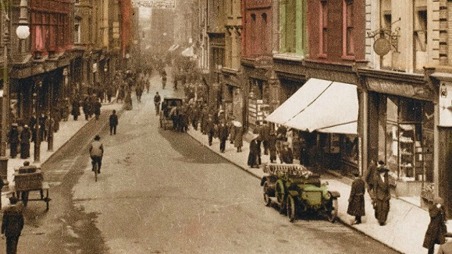
Seeing the wood from the family trees.
07 April 2016Focus One of the most important aspects of genealogical research, which is often overlooked, is the focus of the research. Knowing exactly what information one is hoping to uncover is arguably the most important part of the research process. One of the first questions we ask our clients before beginning...
Griffith’s Valuation
07 April 2016Everyone with an interest in Irish genealogy knows about Griffith’s Valuation, a survey of all property in Ireland, to calculate the local tax rates paid towards the Poor Law system. Griffith’s Valuation (1847-64) was the third survey by the Valuation Office to calculate what taxes should be charged. Each of...

The Benefits to Research of Procrastination
07 April 2016In researching a family on Census returns recently I came across an interesting anomaly. To protect the anonymity of the family involved I have changed the details in the example below, but the point remains the same. Having identified the family on the 1901 Census, parents and 4 young children,...
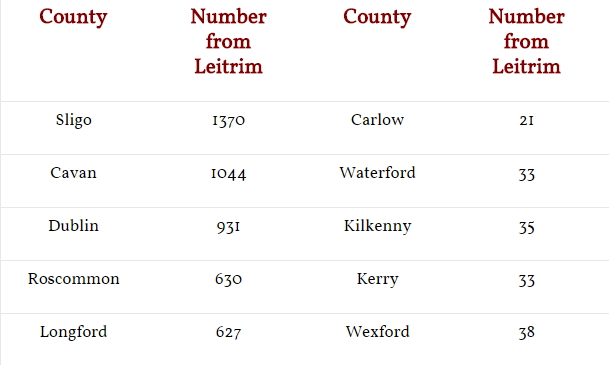
Using the 1901 Census of Ireland for Irish Ancestry Research
07 April 2016By expert researcher Carmel Gilbride If an emigrant left Ireland before 1901, researchers often assume that’s the end of their story in Irish records. However, recent searches show the usefulness of tracing an emigrant’s parents in the 1901 Census. Follow along to discover how you can use the 1901 census...
Be not afraid step away from the screen!
07 April 2016A couple of tips ago Carmel wrote about how an index reference is no substitute for viewing the document itself. My tip this week is in a similar vein. With the ongoing digitisation of genealogical and historical material it can sometimes feel like all the records we need are at our finger...
Carmel Gilbride sheds light on why an index is never as good as an original record, for research.
07 April 2016I am continually surprised that family historians are satisfied to simply look at an online index and assume it relates to their family. Whilst I realize it can be expensive purchasing civil records, without the certificates, we can set ourselves on the wrong path. Recently, an entire project had to be reconfigured because...

Late Registrations
07 April 2016Anyone who has spent hours in the GRO sifting through the indexes will be aware of the phenomenon of ‘late registrations’. Like a product from the Ronseal factory, they are exactly what they say on tin, late registrations of births, marriage or deaths. These are indicated in the indexes of...
Shipping Records by Helen Moss
07 April 2016We recently undertook research for a family involved in shipping. Some members of the family were master mariners and as part of our research we used a resource less commonly used – the ‘Shipping agreements and Crew lists 1863-1921’, available on microfilm in the National Archives. The shipping records name...
